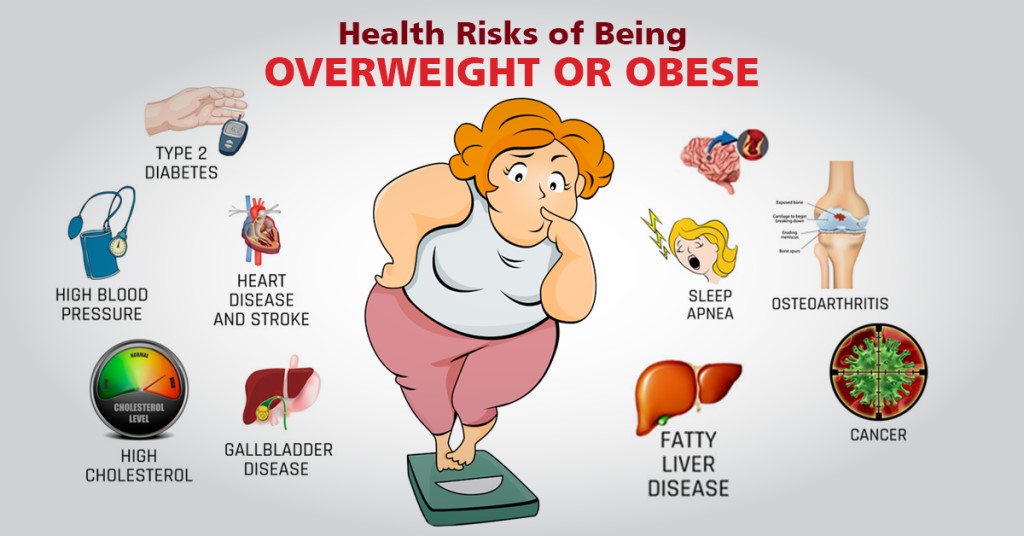A recent study has revealed a novel treatment strategy that effectively decreases inflammation and cardiometabolic risk in adolescents grappling with obesity. Through a comprehensive interdisciplinary therapy program spanning one year, which encompassed clinical, nutritional, psychological, and exercise counseling, a cohort of 22 obese teenagers not only shed excess weight but also demonstrated a marked reduction in inflammatory and cardiovascular risk markers in their blood.
These positive outcomes translated into a decline in insulin resistance, thereby lowering the likelihood of developing diabetes, as well as a reduction in visceral fat and an enhancement in energy balance. These multifaceted improvements contributed to an overall enhancement in health and helped in preventing weight fluctuations, commonly referred to as yo-yo dieting.
Published in the International Journal of Environmental Research and Public Health, the study assessed a new treatment approach that was less intensive compared to previous proven methods by the researchers. The reduced intensity translated to fewer sessions, ensuring that adolescents remained engaged with the treatment regimen and also resulting in lower costs for Brazil’s national health service, Sistema Único de Saúde (SUS).
Unlike the earlier intensive model, the semi-intensive approach advocated for fewer in-person sessions. The participants were given instructions to perform exercise routines at home rather than attending the university thrice a week. Nutritional counseling sessions were conducted fortnightly instead of weekly group meetings, with no individual sessions or monthly consultations with parents or guardians. Psychological support also followed a similar pattern, with group sessions held biweekly instead of the previous weekly format.
Notably, even the less intensive program led to a significant enhancement in the levels of two hormones crucial for managing energy balance and inflammatory processes: leptin and adiponectin. Adolescents with severe obesity often exhibit imbalances in these hormones, exacerbating inflammation and elevating cardiometabolic risk.
The semi-intensive intervention resulted in a noteworthy improvement, with the prevalence of hyperleptinemia dropping significantly from 77.3% to 36.4%. This reduction surpassed the outcomes of the intensive model, indicating the efficacy of the new approach in addressing inflammation and cardiometabolic risk among adolescents grappling with obesity.
Obesity, recognized as a chronic inflammatory condition, poses severe implications when it commences during adolescence. Prolonged inflammation can have lasting detrimental effects on the body, emphasizing the criticality of early intervention and management strategies.
The researchers highlighted the concerning link between excess adipose tissue in adolescents and the heightened risk of developing metabolic and cardiovascular diseases, potentially leading to premature mortality and diminished quality of life. It is imperative to address inflammation and cardiometabolic risk comprehensively to mitigate the long-term impacts of obesity during adolescence and adulthood.
Note:
1. Source: Coherent Market Insights, Public sources, Desk research
2. We have leveraged AI tools to mine information and compile it



